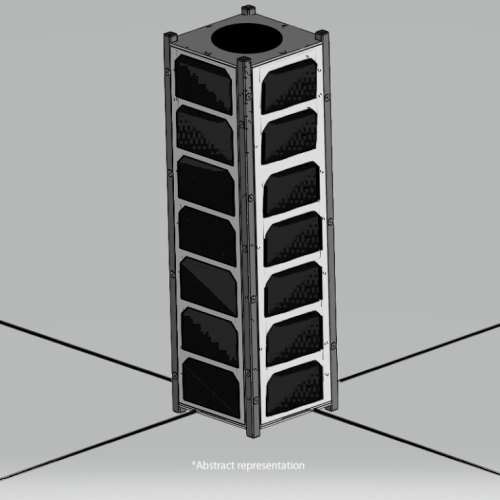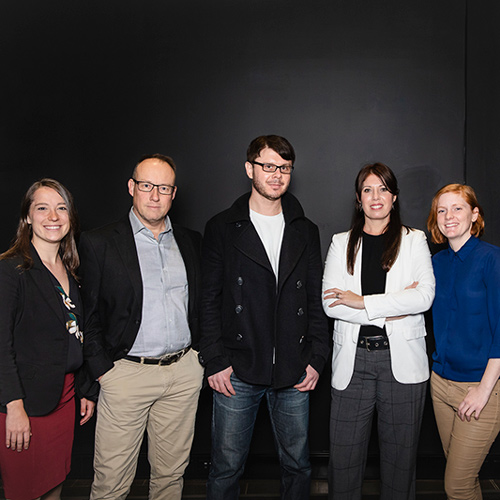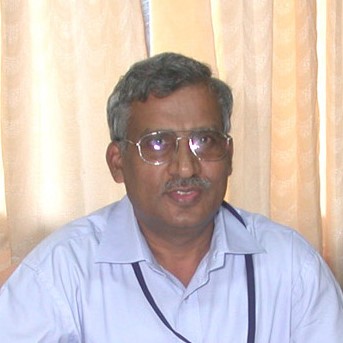Benefits
- Streaming near-real-time, high-resolution videos of specific geographic locations on earth with nano satellites
- Real-time capture and processing of videos for transmission to ground stations, accessible via an AI-powered interactive web portal
- Unique data-driven insights for on-ground applications including disaster response, volumetric analysis, vessel tracking, infrastructure activity and intelligence reporting.
Technology
Grahaa Space’s patent-pending technology enables the capture of video at any given location. It also enables the processing and compressing of video on-board the satellite in real-time, as well as the encryption and transmission of this data to the nearest ground station. Grahaa Space’s pre-screened clients would access the decrypted video feed through a highly secured AI-powered interactive web portal. Very few organisations and startups across the globe are experimenting with video capture through Earth observation satellites. This is technically challenging due to Earth’s rotation and the orbital mechanics of the satellites. Thus, Grahaa Space’s technology is unique.
Potential markets
The need for accurate and faster Earth observations has significantly increased demand for geospatial data. North America is anticipated to dominate the market due its abundance of research studies, investments and sophisticated space infrastructure. Meanwhile, 32% of the market’s growth will originate from the Australian Pacific by 2025. Market growth in this region is estimated to be faster than the growth of the market in Europe, North America, and South America. While there is a possibility of selling the data globally, Grahaa Space will initially concentrate on the emerging space economies in the Australian Pacific region. The serviceable and addressable market is roughly USD $14.5 billion in value. Along with disaster and emergency response, there are additional applications for the technology, including military reconnaissance, change vector analysis, live news coverage, and investigative journalism.
Partnering opportunities
Grahaa Space is looking to raise its first seed round. The team plans to use these funds to launch its first technology demonstration mission and validate this technology. Grahaa is looking to raise USD $6.7 million from investors.







